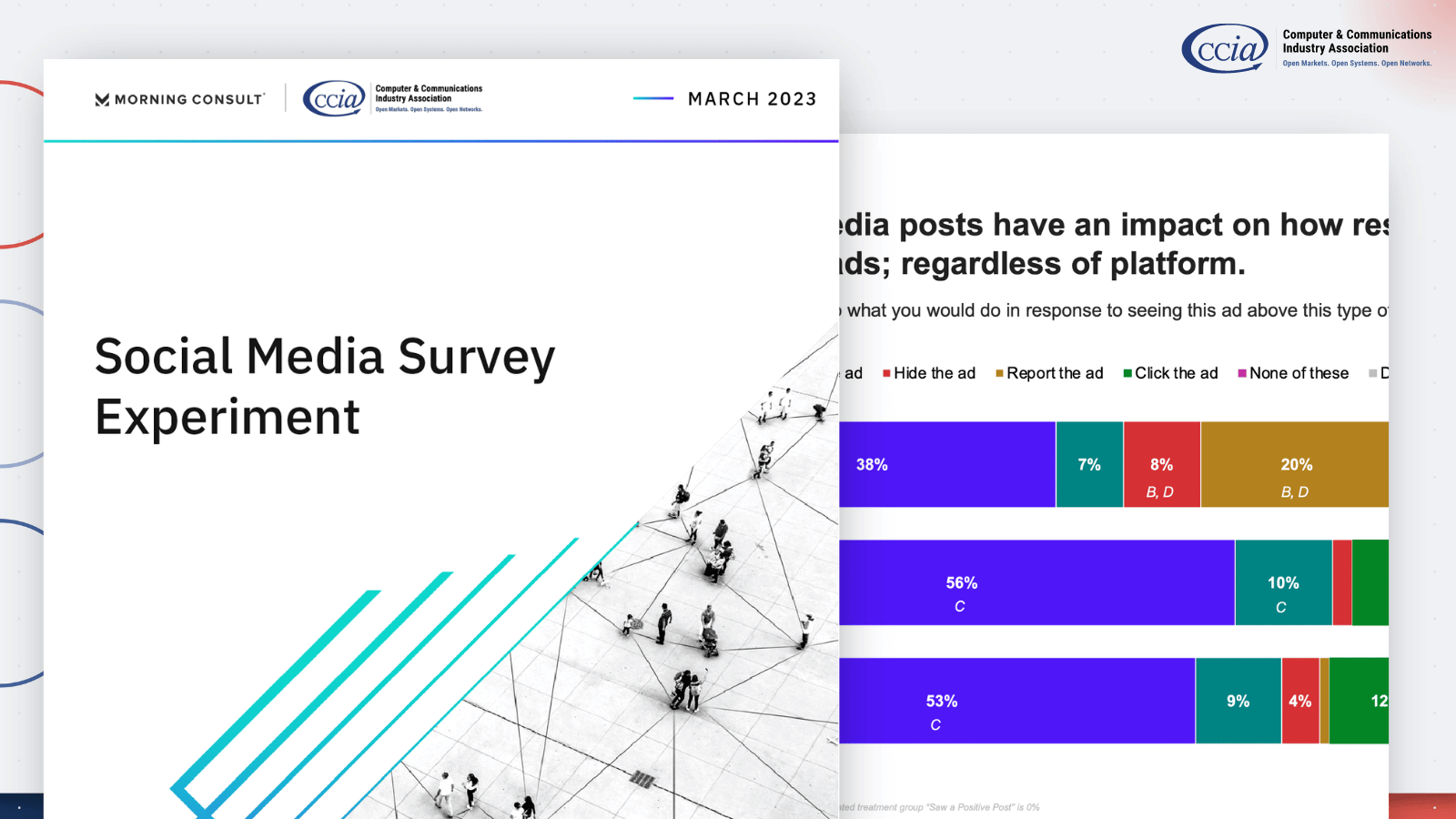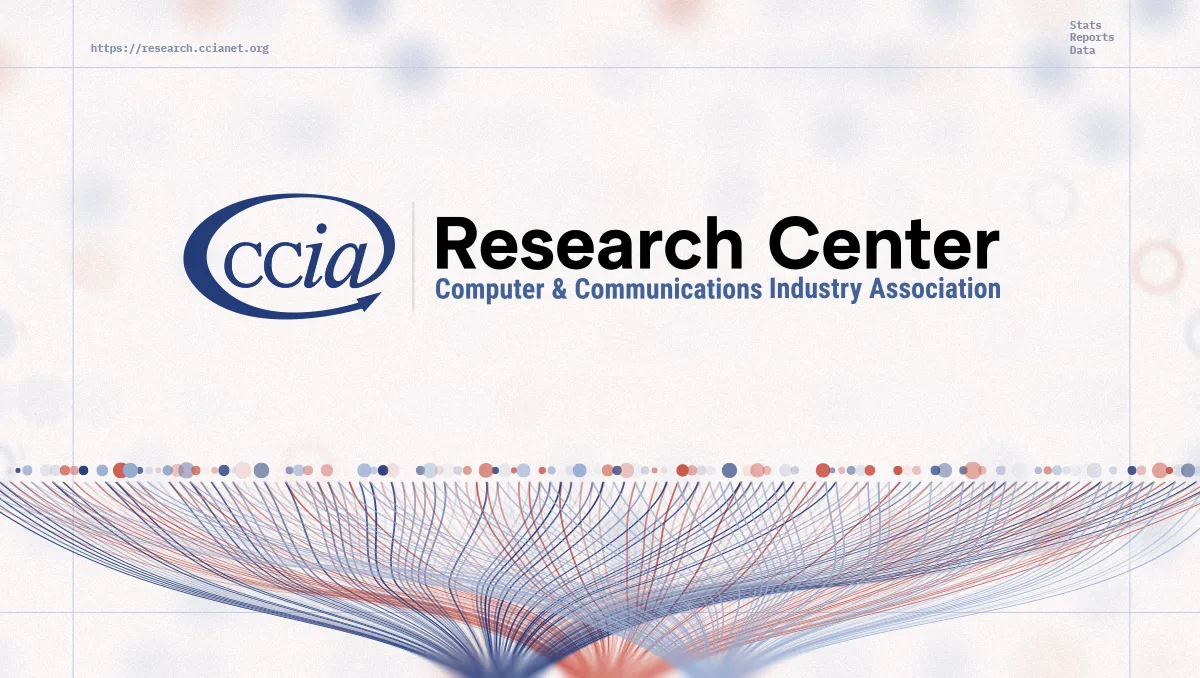The Internet Radio Fairness Act, And Two Things I Hate About Copyfights
There are few tech-policy stories that I’ve covered for longer than the fight over Web radio royalties, and almost none of which I’m more sick of covering.
The problem (Web stations pay far higher rates than other broadcasters) and the solution (have the same rates everywhere) seemed obvious 10 years ago. Yet the discussion remains stuck on repeat.
 And recent arguments over a bill intended to fix this situation–in ads, op-eds and contentious debates at the Future of Music Summit two weeks ago in Washington–have served up a fresh reminder of what I hate about not just this dispute but intellectual-property squabbles in general. A quick recap if you haven’t tuned into the royalties issue lately:
And recent arguments over a bill intended to fix this situation–in ads, op-eds and contentious debates at the Future of Music Summit two weeks ago in Washington–have served up a fresh reminder of what I hate about not just this dispute but intellectual-property squabbles in general. A quick recap if you haven’t tuned into the royalties issue lately:
- While broadcasters have long paid a federally-mandated royalty to music composers–in many cases, about 1.7 percent of FM stations’ revenue and roughly 2.5 percent of large Webcasters’–performers of music written by others got no such reward until recently.
- The government only moved to remedy that injustice at some digital broadcasters: satellite radio, pay-TV music services and Internet radio, but not FM, AM, or even digital HD Radio FM.
- Satellite radio now pays about 8 percent of its revenue and TV-music options owe 15 percent, but the copyright-review judges that set those rates required Internet radio sites to pay by the song and by the listener. And those terms amount to a much bigger chunk of a Web station’s business.
The best-known Internet radio service, Pandora, says it pays more than 50 percent of its revenue in performance royalties–even as individual musicians may not earn much either. (Galaxie 500 co-founder Damon Krukowski wrote last week that Pandora paid $64.17 for three months’ use of the influential indie-rock band’s catalog.) So after years of wanting out of this deal, the Oakland, Calif., Webcaster has been pushing hard for a bill called the Internet Radio Fairness Act–S.3609 in the Senate, H.R. 6480 in the House–that would move Internet radio to the same legal regime as satellite and cable.
You don’t have to like the Internet Radio Fairness Act. You can object, as I do, that it still exempts FM and AM from performance royalties. You can complain about a vaguely-phrased clause that might limit artists’ collective-bargaining rights, as singer-songwriter David Lowery did loudly at the FMC summit.
(Disclosure: I conducted an onstage interview there and have moderated FMC panels in past years. Also, note that DisCo’s parent organization, the Computer & Communications Industry Association, backs the Internet Radio Fairness Act.)
But the bulk of the anti-IRFA argument boils down to two points that hit their expiration dates long ago.
“Artists have a right to get paid.” This shows a misunderstanding of why we made up such a thing as intellectual property. Yes, made up: The Constitution allows Congress to grant copyrights to “promote the Progress of Science and useful Arts.”
Rewarding creative types is well and good–as a writer, I aim to collect my share–but it’s a byproduct of this legal foundation. Properly understood, copyright is less a full-employment act for artists than a full-enjoyment act for their audiences.
The same thing happens in patent-policy arguments all the time, and it’s equally bogus there. Inventors don’t have a right to profit from their inventions until we the people redeem our right to a patent system that yields the most innovation.
(In the music industry, this argument often also features a sorrowful invocation of an artist facing crushing medical bills, which raises a different question: Isn’t something like the Affordable Care Act a more direct remedy for a problem many non-artists also face?)
“It’s only one greedy company whining about things.“ Pandora may have an icon on most smartphone screens, but it’s not rolling in cash. It lost money in its most recent quarter and only hopes to eke out a narrow profit in its next; its skidding stock price suggests little investor confidence about its fortunes.
But Pandora is only playing the designated-villain role earlier occupied by the likes of Google (news search results) and Apple (ripping CDs). And even if Pandora were the Comcast or ExxonMobil of Web radio, that still wouldn’t justify writing royalty rates to punish it. The law also covers Webcasters like tiny Radio Paradise or SomaFM.
The other problem with those emotional arguments is that they point both ways. If you slam Pandora as a freeloading dot-commer, you can’t whine if somebody asks why an innovative startup must pay punitive royalties to get Katy Perry another vacation home.
Meanwhile, fighting to preserve the existing, market-distorting royalties regime (as if that creation of unelected judges represented capitalism at work) only gets in the way of setting consistent rules for all broadcasters. If Pandora hates its current rates, how do you think SiriusXM or ClearChannel–each with a lot more experience lobbying Washington–feel about falling under the same system?








